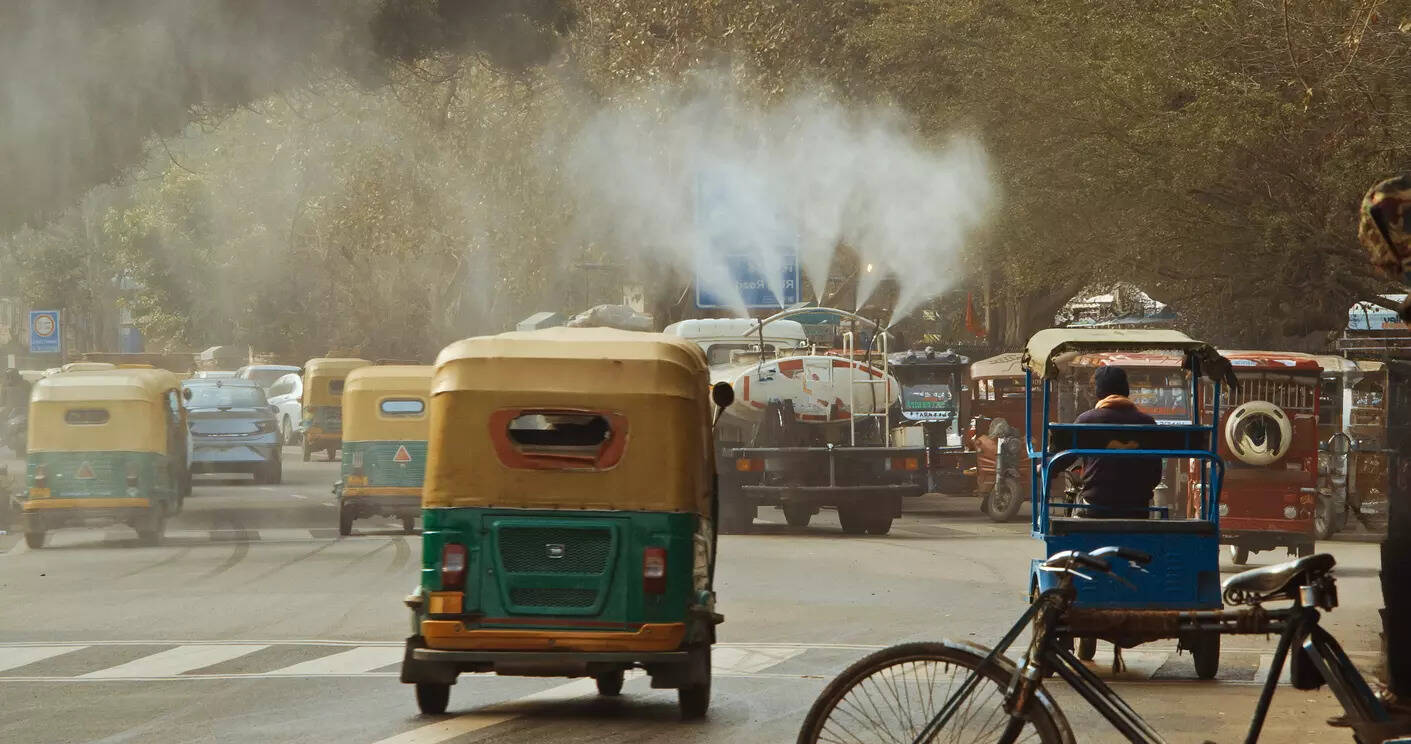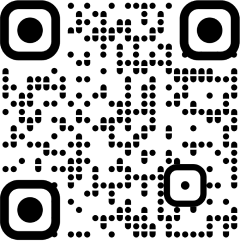Delhi air foulest among serial offenders
 New Delhi, India. Fire truck spraying water over Delhi streets amid pollution emergency.
New Delhi, India. Fire truck spraying water over Delhi streets amid pollution emergency.“>
Delhi remains the most polluted among the 130 non-attainment cities (those that have consistently failed to meet air quality standards) in the National Clean Air Programme (NCAP), despite a 15 per cent improvement in PM10 levels over seven years. The city also utilised only 22.5 per cent of the funds released to combat air quality under NCAP and 15th Finance Commission.The Union environment ministry provided this information while replying to questions asked by two members of the Lok Sabha. The ministry’s reply said that the annual average PM10 level in Delhi had dropped from 241 micrograms per cubic metre in 2017-18 to 203 micrograms per cubic metre in 2024-25. This is still the highest in the country, second only to Patna, which recorded 167 micrograms per cubic metre. The national standard for annual average PM10 concentration is 60 micrograms per cubic metre. PM10 pollutants the coarser aerosols that penetrate deep into the lungs and sources may vary from transport and dust to industrial emissions and burning.The reply, however, dubbed the improvement “notable”. In four of the major non-attainment cities, Delhi did better than Chennai (12 per cent improvement), even if it had a PM10 concentration of a mere 58 units. “As per recent data, there has been notable improvement in PM10 levels in major Indian cities. Mumbai has shown improvement in PM10 levels with a 44 per cent reduction in 2024-25 compared with 2017-18, followed by Kolkata (37 per cent) and Delhi (15 per cent),” stated the ministry reply.The reply also stated that Rs 62 crore was sanctioned for action under NCAP and the 15th Finance Commission in 2019-20. Of this, just Rs 13.9 crore has been utilised to date.The reply listed measures taken to control pollution in Delhi, including the use of cleaner fuel and formulation of Graded Response Action Plan. “To address vehicular emissions, govt has taken proactive measures such as the introduction of BSVI fuel norms for vehicles from April 1, 2018, in Delhi and from April 1, 2020, for the rest of the country, introduction of a vehicle scrapping policy and the promotion of electric vehicles and charging infrastructure through various central schemes,” the reply stated.It added that the Commission for Air Quality Management also directed Delhi govt to migrate public transport services, especially buses in NCR, to cleaner modes and ordered other anti-pollution measures, like getting brick kilns to adopt zig-zag technology, banning pet coke and furnace oil as industrial fuel, use of piped natural gas for industries and installation of anti-smog guns and dust control measures in the city.Launched in Jan 2019, NCAP aims to reduce PM10 concentrations by 20-30 per cent by 2024, 2017 being the base year. It was later extended to 2026 with a revised target of a 40 per cent reduction against the 2017 level.
Join the community of 2M+ industry professionals.
Subscribe to Newsletter to get latest insights & analysis in your inbox.
All about ETAuto industry right on your smartphone!
- Download the ETAuto App and get the Realtime updates and Save your favourite articles.





